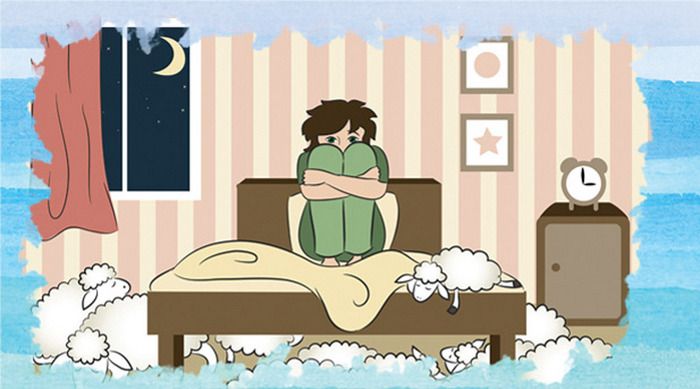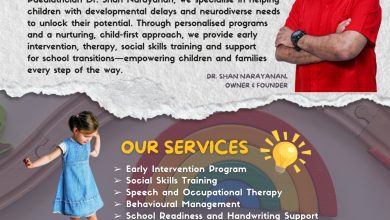

Ear, Nose & Throat Care
By Dr Rekha Balachandran
Last month, my article discussed snoring and sleep apnea. As a follow up to that, I’d like to touch on something called sleep hygiene or good sleep habits. Healthy sleep habits can make a big difference in your quality of life.
Types of Sleep
Sleep is divided into 4 phases, that is, stages 1 to 3 and REM (rapid eye movement sleep). Stage 1 and 2 are light sleep, stage 3 is considered deep sleep. We progress through these stages in a cycle lasting almost 2 hours.
To get a good night’s rest, our body needs to spend enough time in each stage of sleep. If someone is asleep in stage 3 for example, and is woken, when he goes back to sleep he goes back to stage 1 again and the whole cycle repeats itself. This results in a feeling of persistent tiredness even when someone has spent 8 hours in bed.
Effective Sleeping Habits
Try to follow the practices below on a regular basis to achieve good sleep quality.
- Your body needs to wind down and shift into sleep mode, so having a relaxing pre bedtime activity helps. Among the things you can do include meditation or listening to soothing music. Turn off all devices with bright screens like hand phones, tablets and laptops. The light coming off the screens of these devices is a stimulant to the brain and makes it harder to fall asleep.
- Make your room a sanctuary. Don’t bring in the stresses of the day, your work, computer, paper, etc. It is best to take work materials, computers and televisions out of the sleeping environment. The bed is meant for sleep and sex. If you associate a particular activity or item with anxiety about sleeping, omit it from your bedtime routine.
- There should not be any bright lights and noise to distract your sleep. If the atmosphere outside your room is bright and noisy, consider using blackout shades or earplugs to drown out unwanted light and sounds.
- Have a regular sleep schedule of the same bedtime and wakeup time. This helps to regulate your body’s internal clock and helps you to fall asleep on time.
- Avoid napping during the day if you have trouble sleeping at night.
- Exercise is good way to tire yourself out. But avoid vigorous exercise 3 hours before sleep.
- Avoid drinking alcohol, caffeinated drinks, cigarettes, and heavy meals late in the evening. Alcohol, cigarettes and caffeine can disrupt sleep.
- If you have trouble sleeping, go into another room and do something relaxing until you feel tired.
Not having enough quality sleep puts us at risk of workplace or road accidents due to poor concentration, heart disease, high blood pressure and many more. Kids with poor sleep also have trouble concentrating in class and maybe labelled as hyperactive.
If you are having trouble sleeping, try the steps above to improve your sleeping habits.


